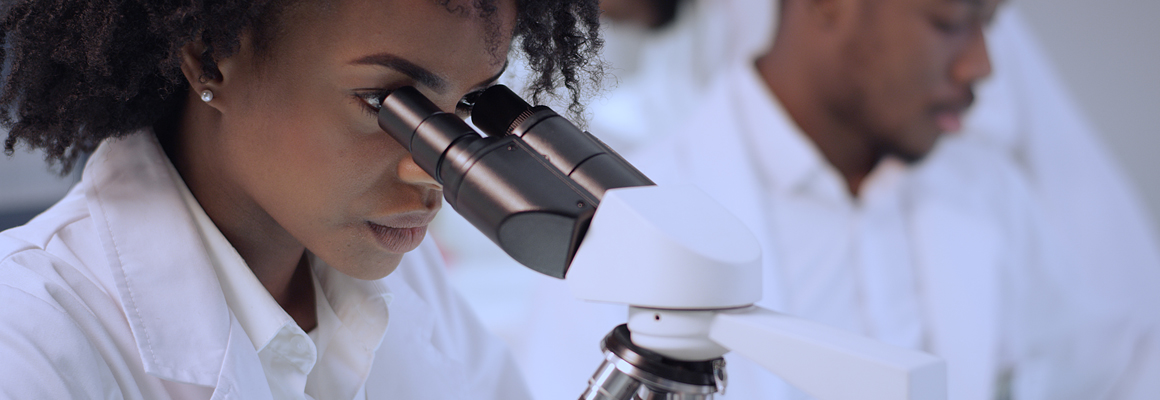TAKING RESEARCH FROM THE LAB TO OUR LIVES
Sometimes, it is difficult to understand how Parkinson’s disease (PD) research that is being done now in a lab will benefit people with PD in “real life.” In a recent episode of our popular online program, Dr. Gilbert Hosts, we sat down with two researchers funded by the American Parkinson Disease Association (APDA) to talk about their current research projects — along with two doctors who are treating patients — to discuss the potential these research projects have to dramatically improve the lives of those living with PD.
Dr. Nicole Bentley is conducting research on deep brain stimulation (DBS) and cognition, and Dr. Daniel Weintraub is an expert on the cognitive changes associated with PD. Together, they discussed DBS techniques that may improve cognitive symptoms.
“The use of brain stimulation therapies as a treatment for cognitive impairment and neurodegenerative diseases (like Parkinson’s disease) is an exciting area of research and one that is definitely worth further exploring,” said Dr. Weintraub.
One challenge of PD is the lack of a biological test to determine a diagnosis. A neurologist currently uses mostly visual clues to assess and diagnose someone with PD. Thankfully, Dr. Mohammad Shahnawaz is conducting research to develop a blood test for PD, which could fill a much-needed gap. According to Dr. David Standaert, an expert on the molecular underpinnings of PD, “The idea that we are entering an era in which we will have blood tests for PD, is very exciting. We also need to acknowledge that this is happening based on decades of past research of what causes Parkinson’s disease.”
With so much critical research going on, it can be hard to keep track of the many avenues currently being explored. Dr. Kevin McFarthing, a biochemist who is living with PD, told us about his passion project called The Parkinson’s Hope List, a database he created to track all of the potential therapies in research and clinical stages. Much like Dr. McFarthing, we view this exciting research with hope and optimism, and as such, APDA will continue to support cutting-edge PD research for as long as we need to.
(If you missed this broadcast, you can view it anytime by visiting the Dr. Gilbert Hosts playlist on our YouTube channel.)

